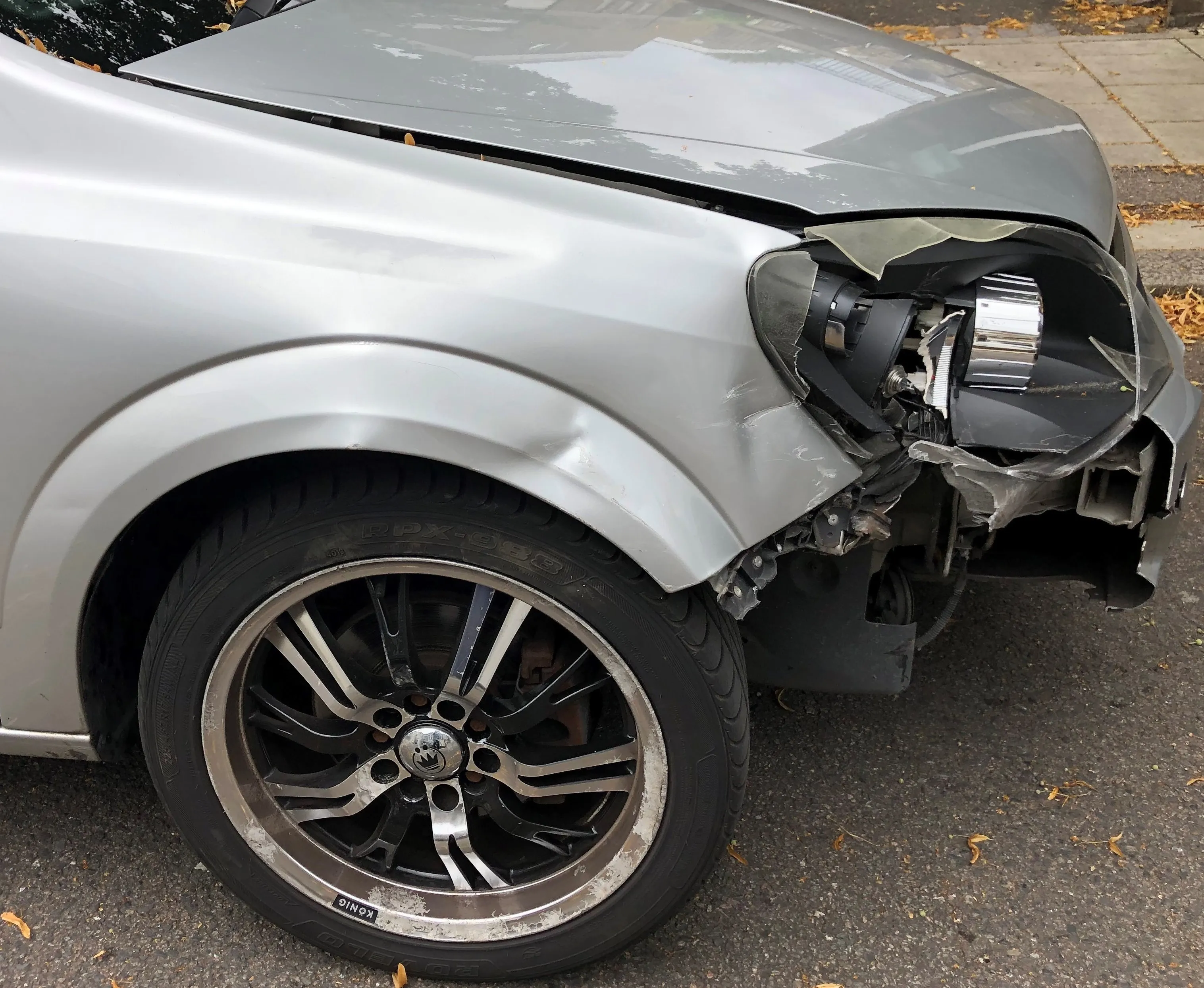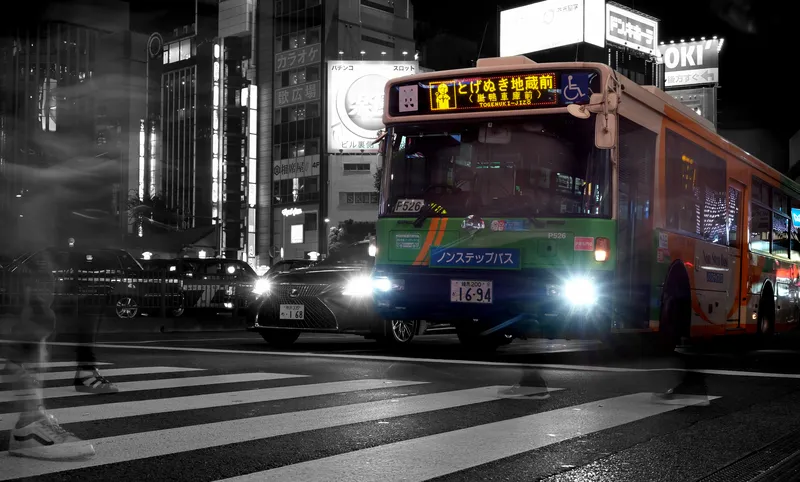India and Japan have signed an agreement to cooperate on ICT, including the development of technology standards, cyber security, and ICT application in health and public services.
The two countries are looking to collaborate on drafting international standards for new mobile communication systems for 2020 and promote standardisation across new communication networks and technologies. They have agreed to continue sharing information related to cyber security and exchange best practices in order to coordi
October 8, 2013
Read time: 2 mins
India and Japan have signed an agreement to cooperate on ICT, including the development of technology standards, cyber security, and ICT application in health and public services.
The two countries are looking to collaborate on drafting international standards for new mobile communication systems for 2020 and promote standardisation across new communication networks and technologies. They have agreed to continue sharing information related to cyber security and exchange best practices in order to coordinate responses to cyber attacks, cyber threats and anti-spam measures.
Both countries have expressed interest in improving quality of life through the ICT smart town concept, developing education IT, e-health, intelligent transport systems, e-government, green ICT and ICT capacity building. They are also looking to facilitate Japanese cooperation on possible utilisation of ICT for disaster management in India.
Additionally, they plan to share view s on ICT-related policies and regulations and encourage establishment of ICT infrastructure.
The agreement is to be implemented through exchange of relevant delegations between the countries, cooperation in research and development activities in institutes and universities, exchange of experts’ opinions and co-organisation of seminars and workshops in ICT.
The two countries are looking to collaborate on drafting international standards for new mobile communication systems for 2020 and promote standardisation across new communication networks and technologies. They have agreed to continue sharing information related to cyber security and exchange best practices in order to coordinate responses to cyber attacks, cyber threats and anti-spam measures.
Both countries have expressed interest in improving quality of life through the ICT smart town concept, developing education IT, e-health, intelligent transport systems, e-government, green ICT and ICT capacity building. They are also looking to facilitate Japanese cooperation on possible utilisation of ICT for disaster management in India.
Additionally, they plan to share view s on ICT-related policies and regulations and encourage establishment of ICT infrastructure.
The agreement is to be implemented through exchange of relevant delegations between the countries, cooperation in research and development activities in institutes and universities, exchange of experts’ opinions and co-organisation of seminars and workshops in ICT.










